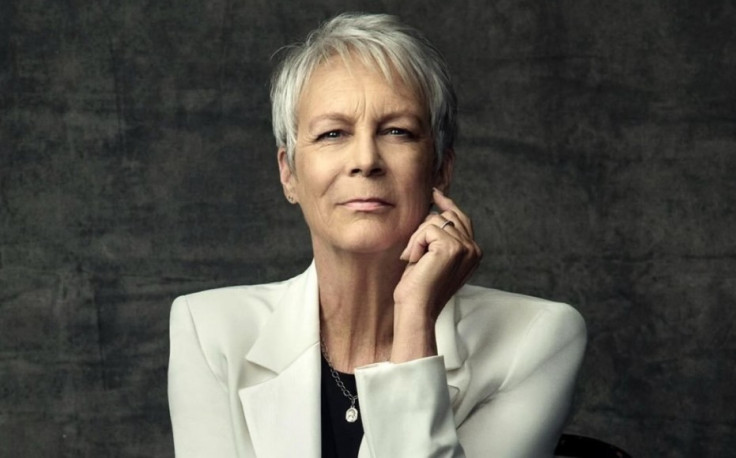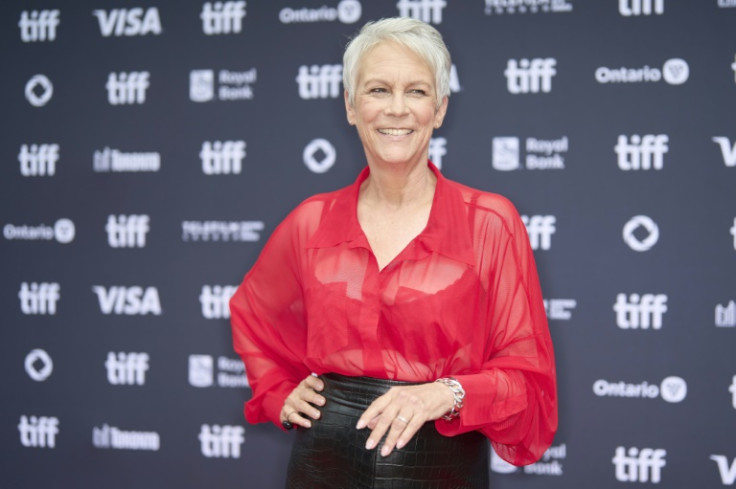'Nepo Baby' Jamie Lee Curtis Slammed For Calling Her Hollywood Success An 'Accident'
Curtis's recollection prompts renewed scrutiny over how lineage and opportunity shape careers in Hollywood

Jamie Lee Curtis, the 66-year-old Oscar winner and daughter of Tony Curtis and Janet Leigh, told interviewers she never planned to be an actor and described her entry into the industry as unintentional, saying her 'life hinged on a couple seconds I never saw coming'.
The remark that she 'became an actor by accident' after a college-age audition led to a seven-year Universal contract is part of a wider interview in which Curtis reflects on her long career, the influence of her parents, and how audiences interpret lineage and merit.
The comments have resurfaced on social media and in press coverage, with critics accusing Curtis of minimising the advantages conferred by an A-list family; while supporters say her account is candid and supported by decades of work and training.
How She Describes Her Break — And What She Actually Said
Curtis told CBS's 60 Minutes that she did not expect to be an actor, recounting a one-off audition while home from college that led to a contract and, very soon, the lead role in the 1978 horror film Halloween.
She is quoted as saying, 'My life hinged on a couple seconds I never saw coming. I never thought I'd be an actor in my life'. The programme's transcript confirms Curtis emphasised the practical nature of that early encounter — she told casting she would be returning to college in days — and that, despite her lineage, she won roles via auditions.
The 60 Minutes segment and the transcript are primary sources for the phrase that has since been characterised by some as a dismissal of nepotistic advantage. Curtis herself has acknowledged elsewhere that being born to Janet Leigh and Tony Curtis offered advantages such as visibility. In the 60 Minutes exchange, she conceded her mother's role in Psycho likely factored into casting considerations, but argued her auditions won her the final parts.
The Backlash: Privilege and Public Reaction
The reaction on social media and in some outlets has been sharp. Critics argue that calling a storied career 'an accident' downplays structural advantages; name recognition, industry access and an elevated starting point, which are often decisive in an industry where introductions and visibility matter.

Commentators on X and in tabloids note the tension between Curtis's historical candour and the contemporary 'nepo baby' debate that scrutinises how family ties shape careers.
Defenders of Curtis point to the longevity and variety of her work as evidence that initial opportunity alone does not guarantee sustained success. As the 60 Minutes interview and other profiles note, Curtis turned early roles into a lengthy career that includes box-office hits, television work, and a late-career Oscar for Everything Everywhere All at Once.
Her defenders highlight that early publicity or casting advantage does not substitute for performance on screen, something managers, casting directors, and audiences ultimately judge.
Industry Dynamics and What 'Accident' Might Mean
To understand what Curtis likely meant by 'accident', it helps to separate two claims, that she benefited from family connections, and that she did not set out deliberately to build a life in showbusiness.
Curtis's account that a singular audition unexpectedly offered her a contract which she accepted instead of returning to college, aligns with archival reporting and the 60 Minutes transcript. That chronology fits neither a neat tale of unearned entitlement nor a myth of wholly self-made success; it is instead a hybrid — early access plus decades of craft.
The public debate around 'nepo babies' is not new but has intensified as social media makes family histories and hiring patterns more visible. For many observers, the issue is about fairness and gatekeeping; for others, it is about nuance, acknowledging both advantage and individual labour.
Curtis's phrasing, calling her career an 'accident' crystallises that ambiguity and explains why her words have been picked over so closely.
© Copyright IBTimes 2025. All rights reserved.





















